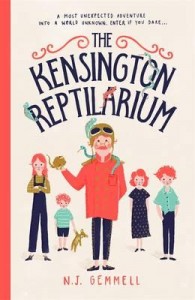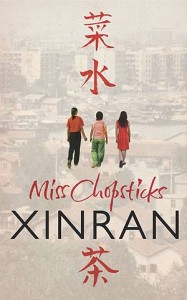Where do your loyalties lie? Would you do anything for your friends? your family? What if things didn’t seem to be quite right?
Ben is placed in a difficult situation. He and his sister are suddenly bundled into the car with their parents as they ‘head off for a holiday’. But it’s NOT school holidays, and they are NOT heading off to some exciting resort. And the way that dad is acting is downright crazy!
For instance, why do they have to swap from their old car into an even dodgier vehicle from Uncle Chris? And why on earth are they headed to his grandfather’s dark and dank old cabin, if they are supposed to be going on a holiday? Even his dad hadn’t been there for ages!
As he contemplates the answers to these questions, Ben collects strands of information together to try to make sense of things. After all, he’s always dreamt of becoming a detective. Thus, he jots down in his notebook all sorts of things; like the surprise visit of police officers at their family home, the family’s rapid departure after this (still in their school clothes!), and all the other insane events which follow.
When his parents are evasive about the reasons for everything that is happening, Ben does his best to uncover the truth. In doing so, he continues to battle with his father and even begins to question his mother’s sanity. Should his parents really be dragging Ben and Olive into the dangerous situation seemingly on the run from the law?
Ben’s choices waiver as he thinks of those who will be impacted – including his pesky sister, Violet, and his parents. As he reflects on events as his circumstances rapidly change, he ponders how much he has inherited from his dad and where his loyalties should lie. Then he worries, is he simply a ‘chip off the old block’, destined to follow his father’s dodgy footsteps?
There are several twists and turns in Tristan Bancks latest book, which is due for release in March this year. Like his other ‘Mac Slater Coolhunter’ books, Bancks delivers a likeable main character, with choices to make, and consequences to consider from his actions.
Bancks is also very adept in using all sorts of media in his storytelling – which makes sense given his background in acting and film making. His skills include sharing some of these creative ideas via a multimedia story brainstorming app, Story Scrapbook, and lots of encouraging advice you can investigate at: http://www.tristanbancks.com/








